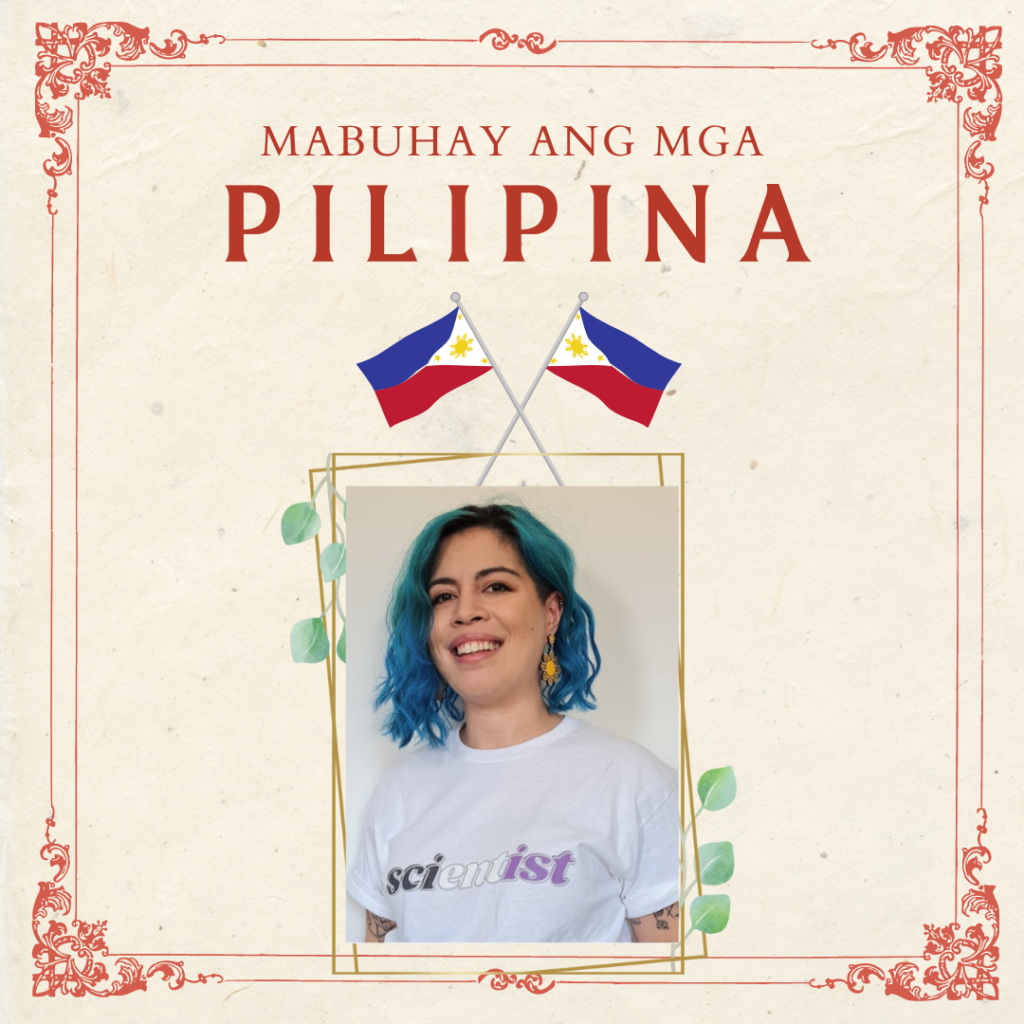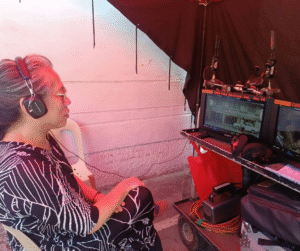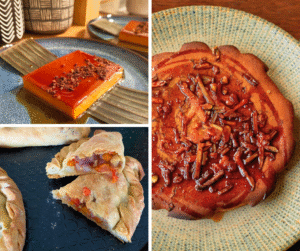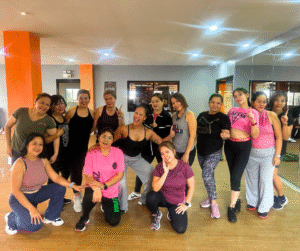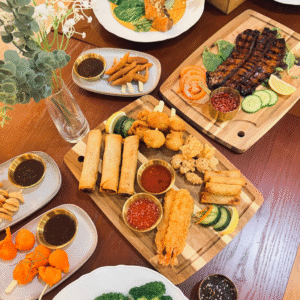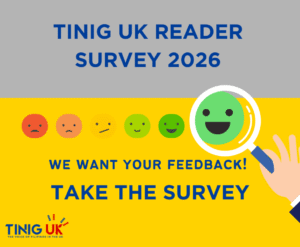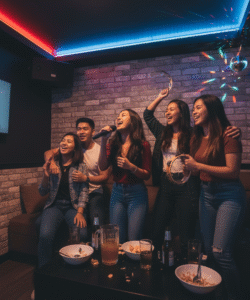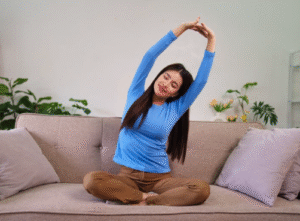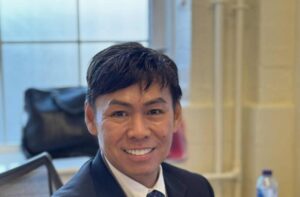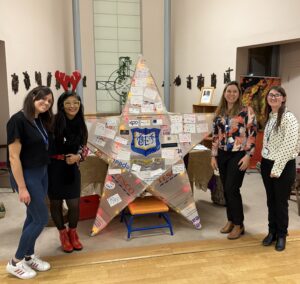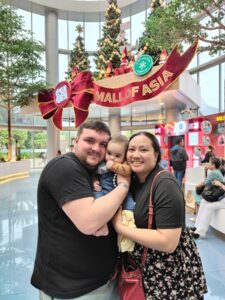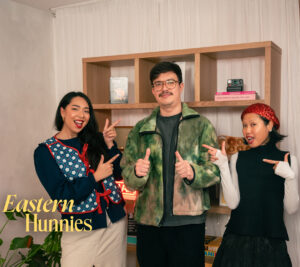In celebration of Women’s History Month, we are featuring Filipino women who are all making a difference in their families, communities and their workplace. They come from different backgrounds but each one of them is forging their path as an immigrant woman of colour in the UK.
Name: Sarah Cosgriff
Please describe your current role/work.
My work involves a combination of different things because I work part time and run my own business part time – which means every week is so different! Broadly speaking, I would say that I work in science communication and equity, diversity and inclusion (EDI).
Examples of my work include: working with schools to help them become more inclusive, training scientists to communicate their work, consulting for education or public engagement projects, public speaker for EDI and a science show presenter. In my spare time, I volunteer for my local LGBTQ+ youth group.
What is the maxim you live by?
Life is short. This is something that has stuck with me since my dad died in 2010. This is the reason why I try to tell my friends how much I care about them or tell people how much I like their work as you can never know what will happen tomorrow.
Tell us the biggest challenge that you faced and how you overcame it.
I grew up in a predominantly white area and felt different to others growing up. I had met two Filipinos in our local area before I left for university at 18. I’ve never been part of a local Filipino community. As I got older I became more aware of my lack of knowledge of Filipino culture. I don’t know any of the languages and many cultural nuances. I don’t look Filipino (because I’m mixed). Because of all of this I have wondered: am I allowed to call myself Filipino?
I would encourage you to go try things! Trying things doesn’t necessarily mean you have to stick to them and can teach you a lot about yourself...When I was at school I wanted to be a doctor and was very fixed on doing that – but that didn’t work out. And I am so glad that it didn’t! You have so many more options open to you than you think and I’d encourage you to explore them.
Over time I’ve had to accept that I am Filipino enough. I am Filipino simply by being me. There isn’t one ‘correct’ way to be Filipino. And it also turns out that many Filipinos (and Asians) in the diaspora feel the same way as I do. Being mixed is also its own experience and I embrace that. I am proud to call myself Filipino.
What is the one achievement that you are most proud of and why?
At the start of the pandemic, I came to the realisation that I am not straight. This is partly because I did not have access to the language and knowledge that I do now, but I also ignored some of the signs that happened throughout my 20s.
Since 2020 I have identified as asexual, which describes someone who experiences little to no sexual attraction to others. It is getting better known but tends to be less understood than other sexual orientations. I came out towards the end of 2020 and have been involved in asexual advocacy, such as giving talks about asexuality and showcasing asexual people working in STEM.
Over the last couple of years, I have connected with some of my Filipino-American family members, who are also LGBTQ+, in a different way and started a podcast with them (called Queer Cuz). Through this podcast, we shared our experiences and interviewed two LGBTQ+ Filipinas: Amber who is a transgender and Ria who is asexual and aromantic.
I also connected with Filipinos in the Philippines through the Asexual Support Philippines group and learnt about the challenges that they face. Ally, a representative of the group, has previously spoken about her experiences. I can relate a lot to the group’s experiences and have also been able to learn more about Filipino culture by speaking with them.
Last year, I was fortunate to be shortlisted for the National Diversity Awards in the Positive Role Model – LGBT award. I feel this nomination reflects my advocacy work but also the LGBTQ+ inclusion work that I do in education and youth settings.
Learning that I am asexual was initially a bit scary – but it helped me reflect on who I am and why and has impacted my work and my life in such a positive way. It’s never too late to learn more about yourself.
What would be your advice to young Filipino girls of today?
I would encourage you to go try things! Trying things doesn’t necessarily mean you have to stick to them and can teach you a lot about yourself.
I fell into the type of career path I have and that is because I tried out different things. When I was at school I wanted to be a doctor and was very fixed on doing that – but that didn’t work out. And I am so glad that it didn’t! You have so many more options open to you than you think and I’d encourage you to explore them. And that’s not just limited to jobs and careers – things like hobbies would be included in this. Make sure to keep an open mind too.

